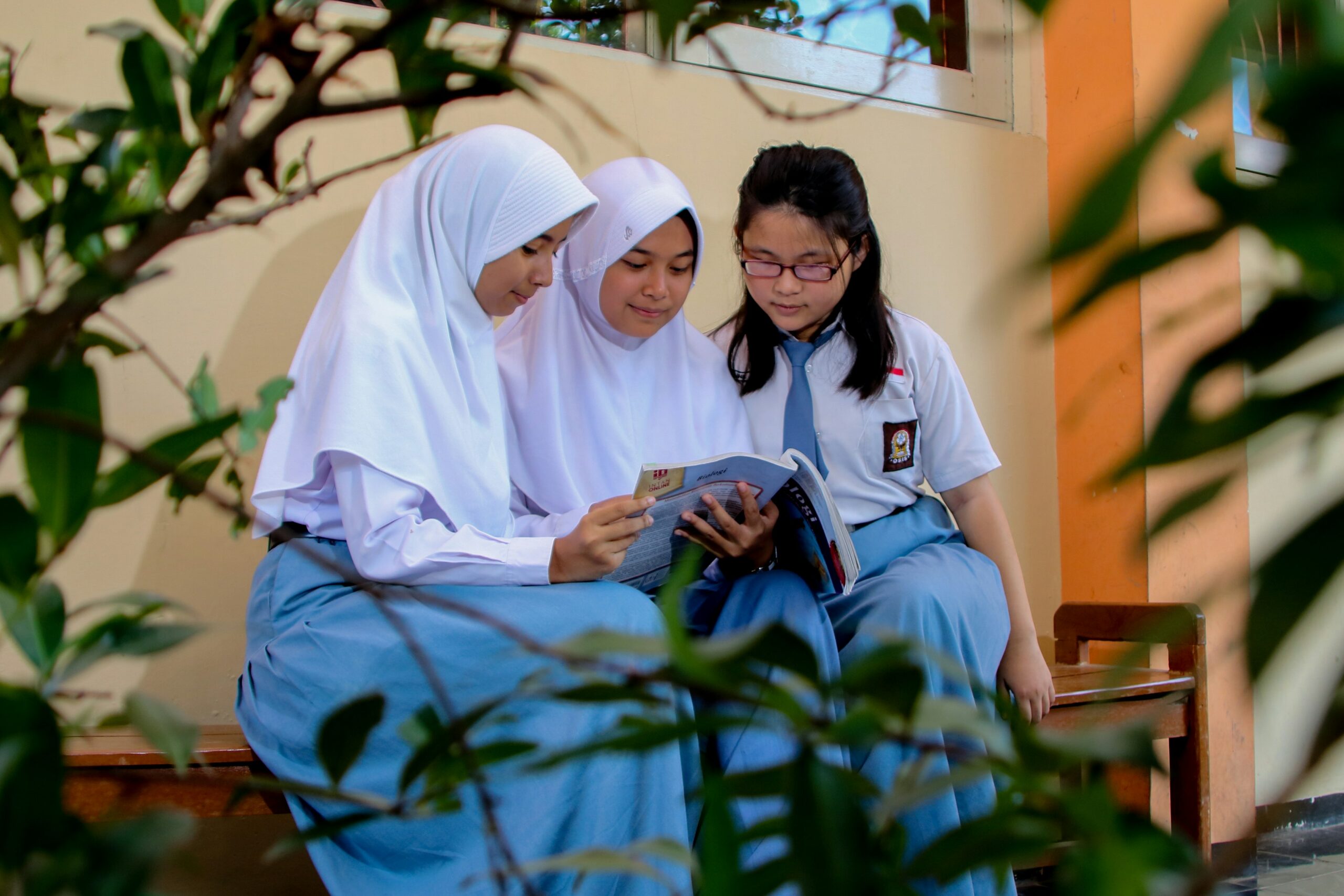Impact story: Malaysia
Power and participation through data: engaging Malaysia’s decision-makers
Decision-makers rely on numbers to critically discuss human rights issues and make effective policy changes. This is where the Human Rights Measurement Initiative (HRMI) comes in. In 2025, our latest dataset on Malaysia sparked conversations on education in the country through strong press coverage and responses from the government.
The data
Malaysia’s economic and social rights scores show that its government is currently only doing 79.1% of what should be possible with the resources it has for the rights to education, food, health, housing, and work. This score falls in the ‘bad’ range of HRMI’s measurements.

As anything less than 100% indicates that a country is not meeting its current duty under international human rights law, Malaysia has a long way to go to achieve this goal. Further, no progress has been made in the past ten years.
When it comes to the right to education, Malaysia’s score falls in the ‘very bad’ range, given what other countries with similar levels of resources are achieving for their people. Every child has the right to a good education, but human rights experts in the country identified migrants, people without a legal identity, people with disabilities, and people with low social or economic status, amongst others, as being particularly at risk of missing out on their right to education, highlighting deep disparities within Malaysia’s education system.

The coverage
Malaysia’s education scores were first published by leading national publication, Malaysiakini, highlighting Malaysia’s under-performance on education and its ranking of third-lowest in ASEAN for education rights.

After posting a thread on Malaysia’s education scores that gained much traction on X, popular news outlet BFM Radio interviewed HRMI’s Southeast Asia Engagement Consultant, Keshia Mahmood, on how Malaysia can address gaps in its education rights on their morning talk show.
Following this, for two weeks, the conversation was picked up by several news outlets in both English and Malay such as:
- The Malaysia Press: ‘“Pakar pendidikan daripada Universiti Kebangsaan Malaysia (UKM), Dr Anuar Ahmad berkata, hasil dapatan laporan bebas itu perlu dikaji secara terperinci bagi memastikan presepsi itu dapat diselesaikan dengan sebaiknya. – “Laporan badan bebas ini mesti diteliti, dibincang dan diambil tindakan penambahbaikan.”’ (Universiti Kebangsaan Malaysia education expert, Dr Anuar Ahmad, said the findings of the independent report should be studied in detail to ensure that the issue can be resolved properly. “This independent body report must be scrutinised, discussed, and action must be taken to improve.”)
- The Sun: ‘[Deputy President of the National Association of Private Educational Institutions, Dr Teh Choon Jin,] added that while Malaysia has made strides in reforming its education system, some policies have yet to deliver on the ground, especially in rural areas facing infrastructure challenges, teacher shortages and limited digital access.’
- Malaysiakini (follow up commentary from Malaysian netizens)
The response
Following the wealth of coverage, two leading political parties in Malaysia commented on the need to improve Malaysia’s education system.
The Education Consultative Committee Deputy Chairperson of the Malaysian Chinese Association (MCA), Felicia Wong Yin Ting, published a commentary piece in Business Today as well as in Malaysiakini about HRMI’s latest data on Malaysia and stated that ‘Every child deserves access to quality education, regardless of their socio-economic background, ethnicity or legal status’.
Furthermore, the President of the Gerakan party, Datuk Dr. Dominic Lau Hoe Chai, said in an article published by the Malaysia Gazette that Malaysia’s low ranking in the ASEAN for education exposed the government’s weaknesses in guaranteeing the right to education and that elected representatives must do more to ensure that the fundamental rights of people in their constituencies are not denied.

Reliable information is a powerful tool for change. That is why HRMI works to equip change-makers with the data they need to challenge injustice and push for progress. We hope these efforts will inspire broader discussions and collective action toward a future where every person in Malaysia enjoys the full enjoyment of all their rights.
If you’re passionate about making a difference in your country, we’d love to hear from you. Connect us with your Human Rights Institute or Commission, prominent journalists, and local human rights advocates. Together, we can shine a spotlight on the issues that matter and help ensure leaders around the world are held accountable.


